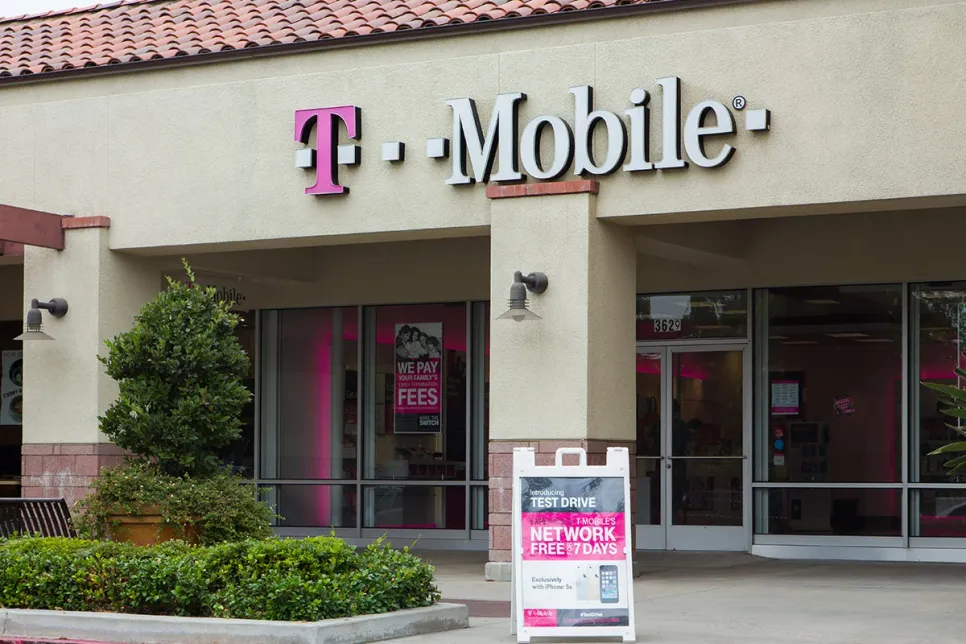UK Establishes Tech Equality Taskforce
15 prominent women in the UK founded a task force to address gender disparities in the tech sector.

The Justice Department approved T-Mobile US’s acquisition of Sprint, a deal it rejected under the previous administration, according to Bloomberg. They have cleared one of the biggest hurdles to a takeover that will reshape the wireless industry in the U.S.
T-Mobile and Sprint agreed to sell multiple assets to Dish as a condition for approval, paving the way to creating a new wireless company, the Justice Department said in a statement. The carriers have promised to deploy a 5G network that would cover 97% of the U.S. population within three years and 99% within six years.
In addition to spectrum, Dish is buying Sprint’s prepaid businesses Boost and Virgin. T-Mobile also is required to provide Dish with access to its mobile network for seven years while Dish builds out its own 5G network, according to the statement.
The Justice Department approval moves two companies a step closer to completing their $26.5 billion tie-up and gives the carriers a significant boost as they contend with a lawsuit by a group of states that say the deal should be blocked because it would harm consumers. If the states decide to continue the litigation, they will have to convince a judge that the agreement with Dish to establish a new wireless carrier doesn’t go far enough to resolve competitive harm from the merger.
The combination of T-Mobile and Sprint, the No. 3 and No. 4 wireless carriers in the U.S., also has come under fire from lawmakers and consumer advocates who say it will lead to higher prices and less innovation in a market that is already concentrated. The deal leaves just two other national carriers: Verizon and AT&T. Yet by acquiring Sprint’s spectrum, T-Mobile will have nearly twice the wireless capacity of any other carrier. That should lower prices for subscribers by cutting in half the company’s cost per gigabyte.
The Dish agreement is aimed at allowing the merger while maintaining four national wireless carriers, a longstanding requirement of the Justice Department. To work, Dish, the No. 2 U.S. satellite-TV provider, will have to build a national network. That could be a steep challenge. The company owns billions of dollars worth of unused airwaves, but it has no experience selling phones or operating a mobile service.